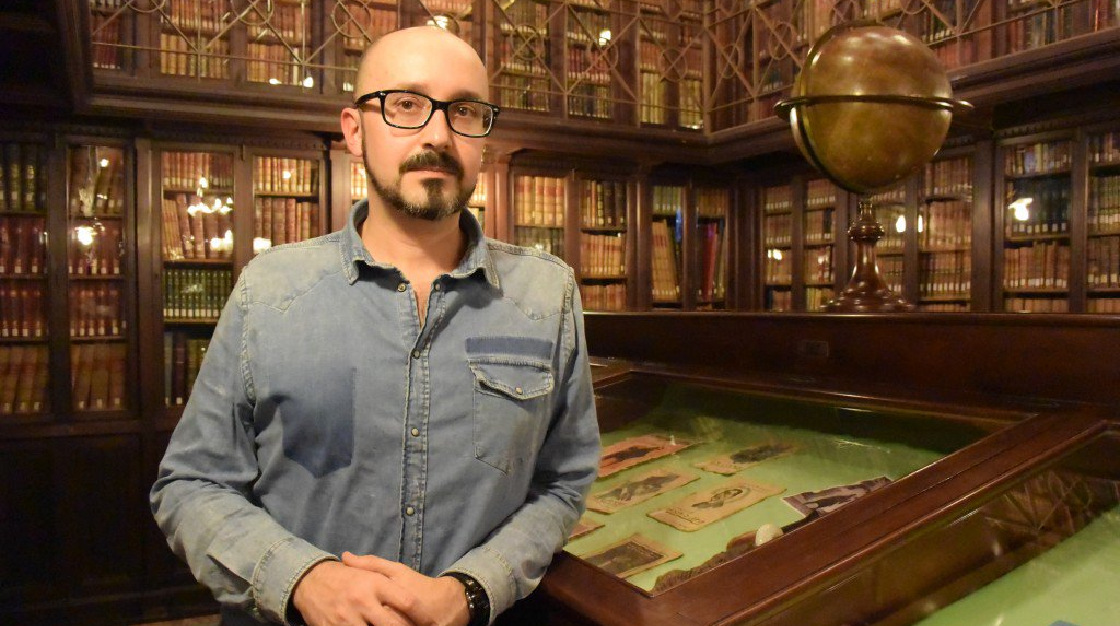How would you recommend to families manage the Internet privacy use of their children? Where can we find the limit of hours of screen consumption?
I would not stigmatize young people. If you look at the time adults use technologies are very high, especially in the workplace. We are digitizing many common activities, such as communicating, reading, writing, playing … because we provide some value. Many of these activities are part of everyday life, and today most of them go through mobile. In addition, there is a large relational and emotional component in the use of new social media. What we must avoid is that native assumptions become digital orphans because they don’t have anyone who accompany them to build judgment and not know who they should ask for help when arising situations they do not know how to act.
Within families coexist different digitization levels, being mainly the parents who have more difficulties. What we could recommend to those families with these situations?
CIS Barometer 2016 indicated high concern from families regarding education and new technologies. Adults were not educated in this technological environment, so we have no referents and often are confused what to do.
” We must know how to work and learn what’s the best use in our context. We can not learn everything but we all have the ability to learn and not add the digital breach existing ones. We must build critical criteria, generate healthy habits and responsible uses for both children and adults.”
The use of technology in schools, do you think is the right one?
In schools teachers develop digital skills of students to educate the potential that new technologies can bring social and personalized learning. Never like today, it had been so easy adapt learning and learning each group with people around the world. Also they are being formed in the digital skills of teachers.
How schools and teachers could help to improve digital communication?
ICTs provide us access to content, but also the construction of knowledge and dissemination, through creativity, participation and communication. Also, you have to work creating digital identity management privacy, security and to be critical in order to face and deal with situations that we are exposed as cyberbullying, sexting or the phenomenon of the blue whale.
You recently has published the book “Hiperconectados, Educarnos en un mundo digital” (“Hyperconnected” Educating ourselves in a digital world” translated in English)? . To whose the book is focused and what can we find in its pages?
Concretely, “Hyperconnected? Educating ourselves in a digital world” is aimed at all of us, because we all have to learn to live in a digital environment and the best way is do it intergenerationally. At present, I think we need to reflect on what we do and how we do it with new technologies because we were very quick to incorporate it without stopping to assess its impact.
“Through different characters we can learn how to take advantage of new technologies and how we can manage them inside the familiar environment. It includes ideas, recommendations and resources to navigate without wrecking.
“



